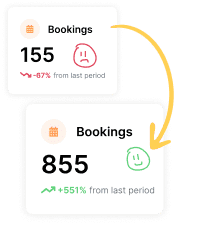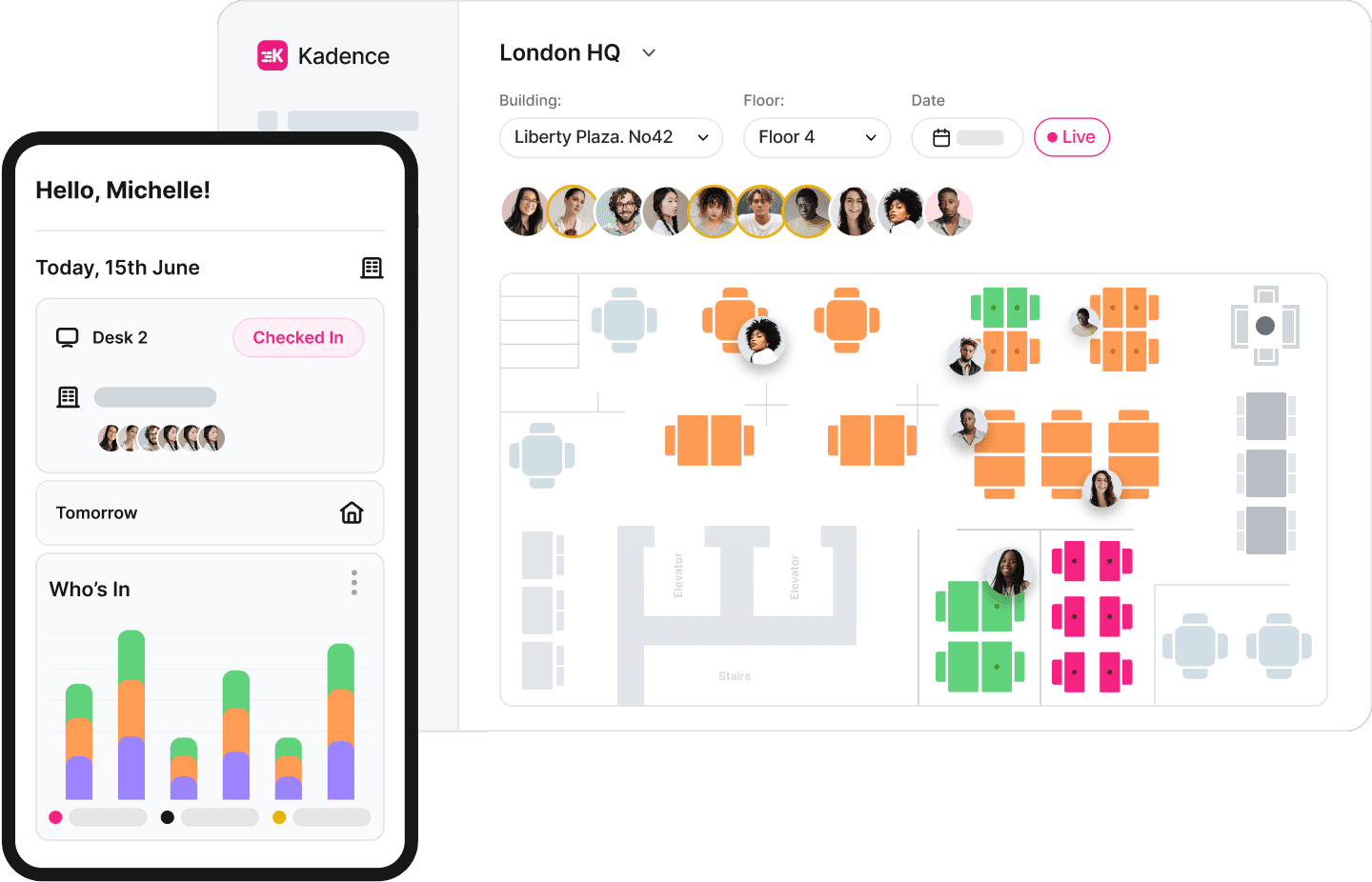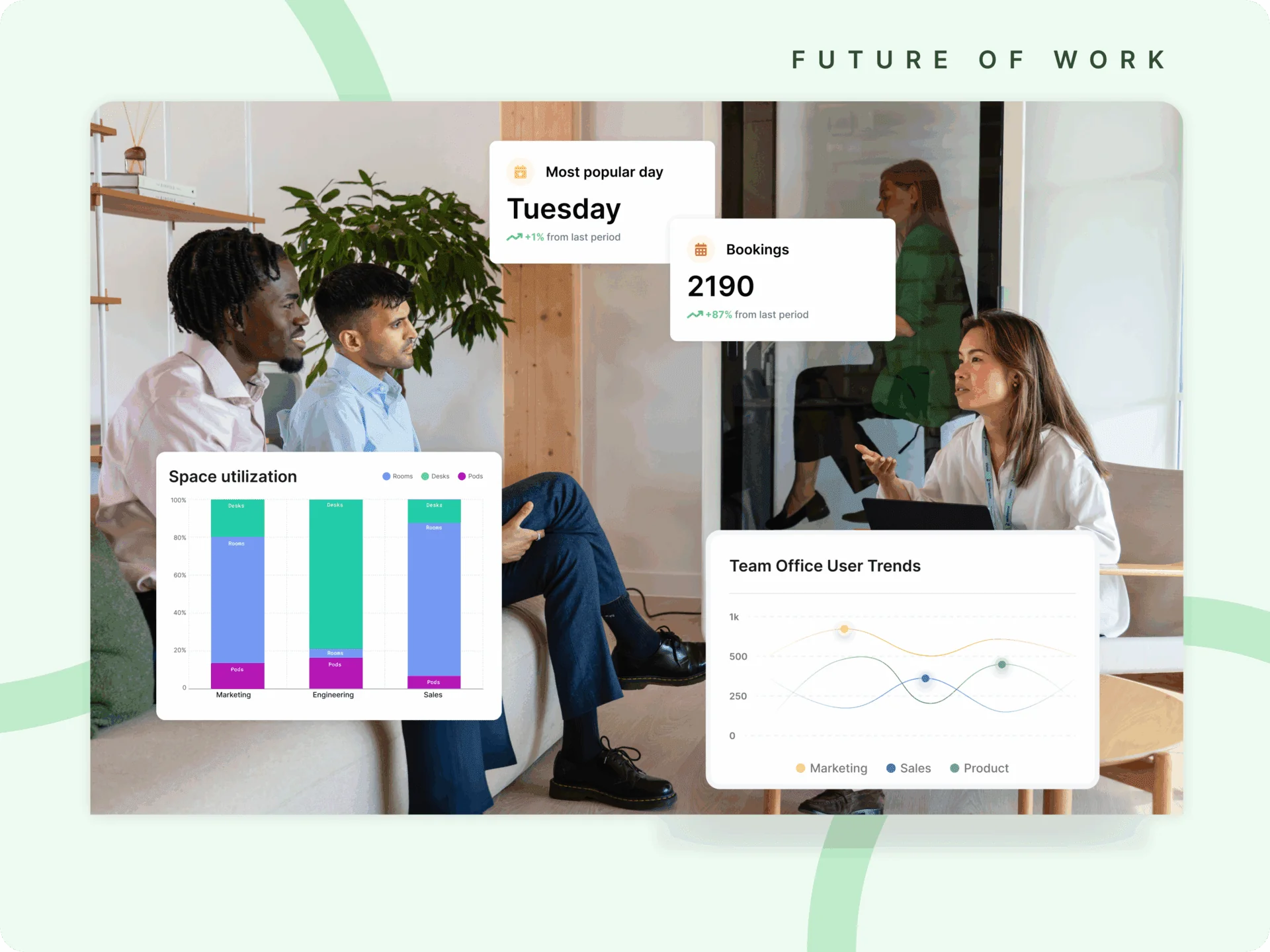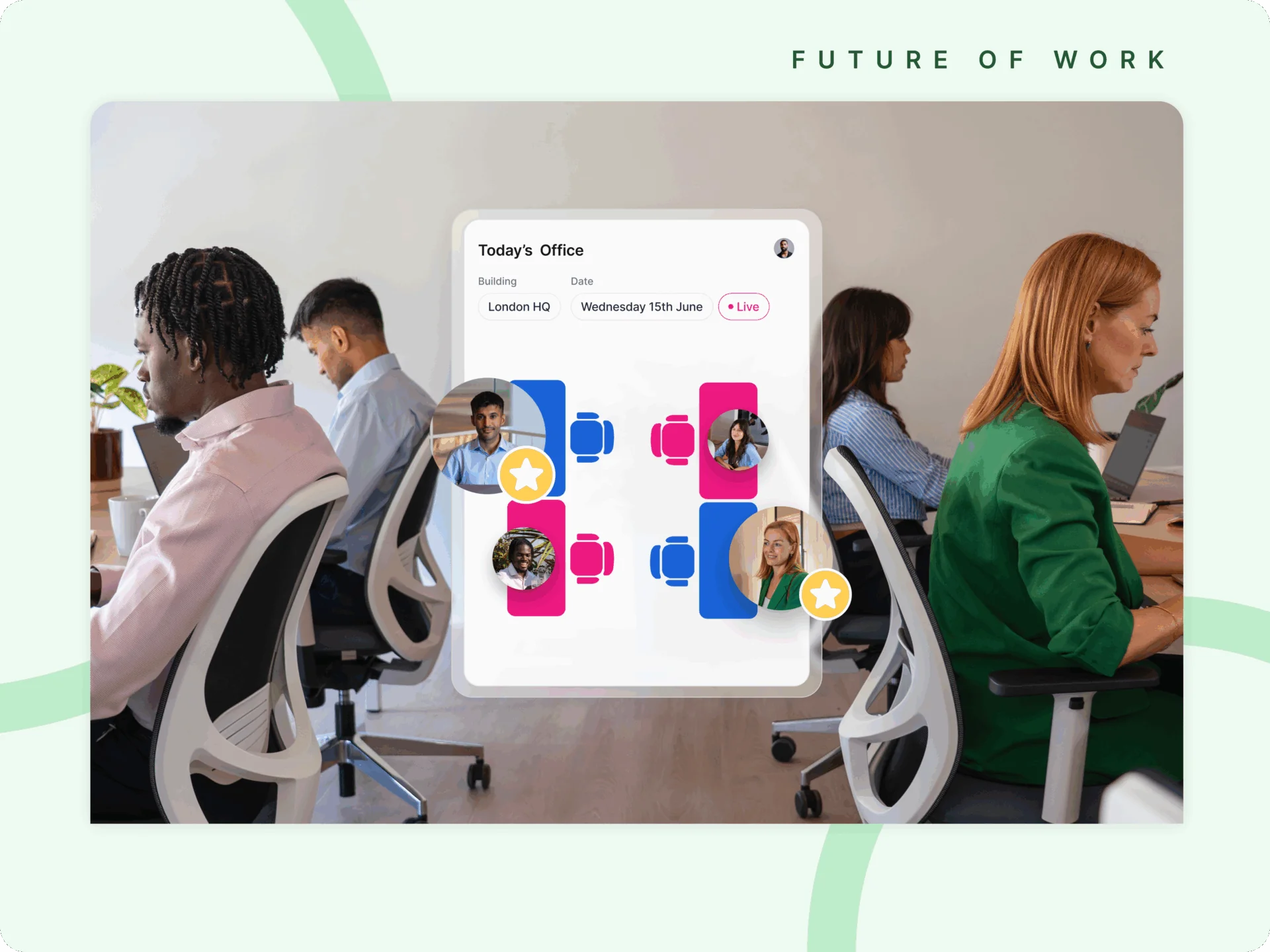Two years ago, CEOs were convinced that remote work and employee flexibility were the future—an inevitable shift in how businesses would operate. But here we are in 2025, and the Return-to-Office (RTO) movement has grown—not because it’s delivering results, but because companies frustrated with hybrid’s inefficiencies are pushing for more in-office days. However, many still fail to optimize hybrid for its full performance benefits. Companies that mandated five-day office weeks—such as Amazon and JPMorgan —have either reversed course or found themselves struggling with attrition, disengagement, and rising operational costs. Meanwhile, organizations like Dropbox and Atlassian, which have optimized for hybrid—not just tolerated it—are thriving by strategically balancing remote and in-office collaboration.
So, what’s changed? And more importantly, what do leaders now require from hybrid work in order to win?
From Flexibility To Performance: The New Hybrid Mandate
For years, the hybrid work conversation revolved around employee flexibility—a necessary response to pandemic-era upheaval. But now, leadership teams are laser-focused on something else: hard business outcomes. The shift is clear—companies no longer see hybrid work as an employee perk but as a strategic performance enabler.

Research from Nick Bloom continues to reinforce what we’ve long suspected: hybrid work is not just sustainable—it’s profitable. Yet, many leaders remain skeptical, asking, Where’s the ROI?
The answer lies in data, not sentiment. Winning companies in 2025 are using hybrid to drive three critical business levers:
- Collaboration That Moves the Needle – Random in-office attendance is a drain, not a strategy. High-performing organizations are optimizing who comes in, when, and why—ensuring that in-person time translates into real business impact, not just desk occupation.
- Cost Efficiency at Scale – Real estate is a massive expense, and inefficient hybrid models waste both office space and productivity. Leaders who treat workspace as a strategic asset—right-sizing offices and deploying intelligent scheduling—are cutting overhead costs without sacrificing effectiveness.
- Retention and Talent Magnetism – The talent war hasn’t ended, and top performers still demand flexibility. Companies that balance autonomy with structured in-office time are seeing higher engagement, lower turnover, and stronger team alignment—a trifecta of business success.
The Hybrid Tension: A Catalyst For Smarter Work
The battle between employee flexibility and C-suite imperatives isn’t going away, but the best companies are harnessing that tension as an opportunity. Instead of forcing outdated RTO mandates, they’re using Kadence to create alignment—between business objectives and the way people actually work best.
Kadence isn’t a monitoring tool. It’s a catalyst for collaboration and growth—helping teams work together with purpose, whether in-person or remote. We’re empowering leaders with data-driven insights that drive real-world results: increased productivity, cost savings, and stronger team performance.
The truth is, full RTO isn’t happening—not because companies lack authority, but because the numbers don’t justify it. The future belongs to businesses that optimize hybrid for performance, not just policy compliance. And in 2025, the companies still debating whether hybrid works have already lost ground to those who made it work better.
It’s time to move beyond the outdated debate of “I work for you” vs. “you work for me.” Success comes when we work together, leveraging hybrid as a tool for measurable business impact. Kadence is leading that shift—helping organizations unlock the true potential of their hybrid workforce.
The companies that win in 2025 won’t just “allow” hybrid work. They’ll master it.






